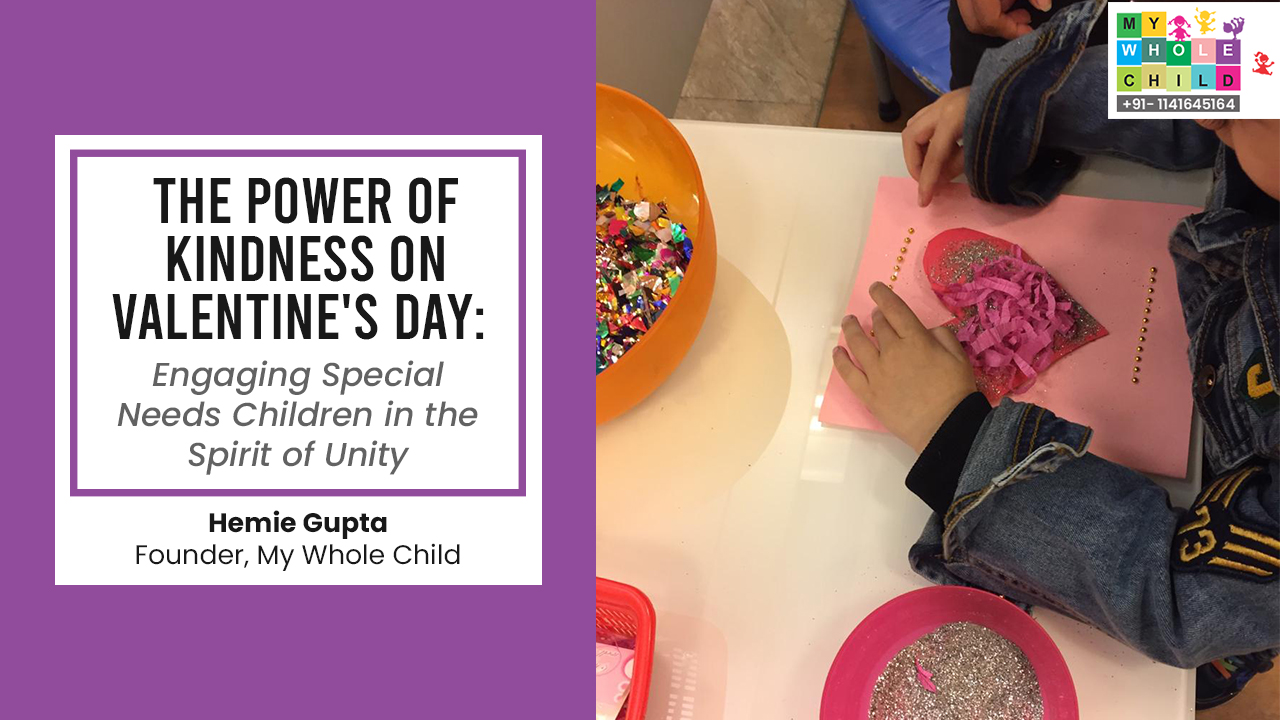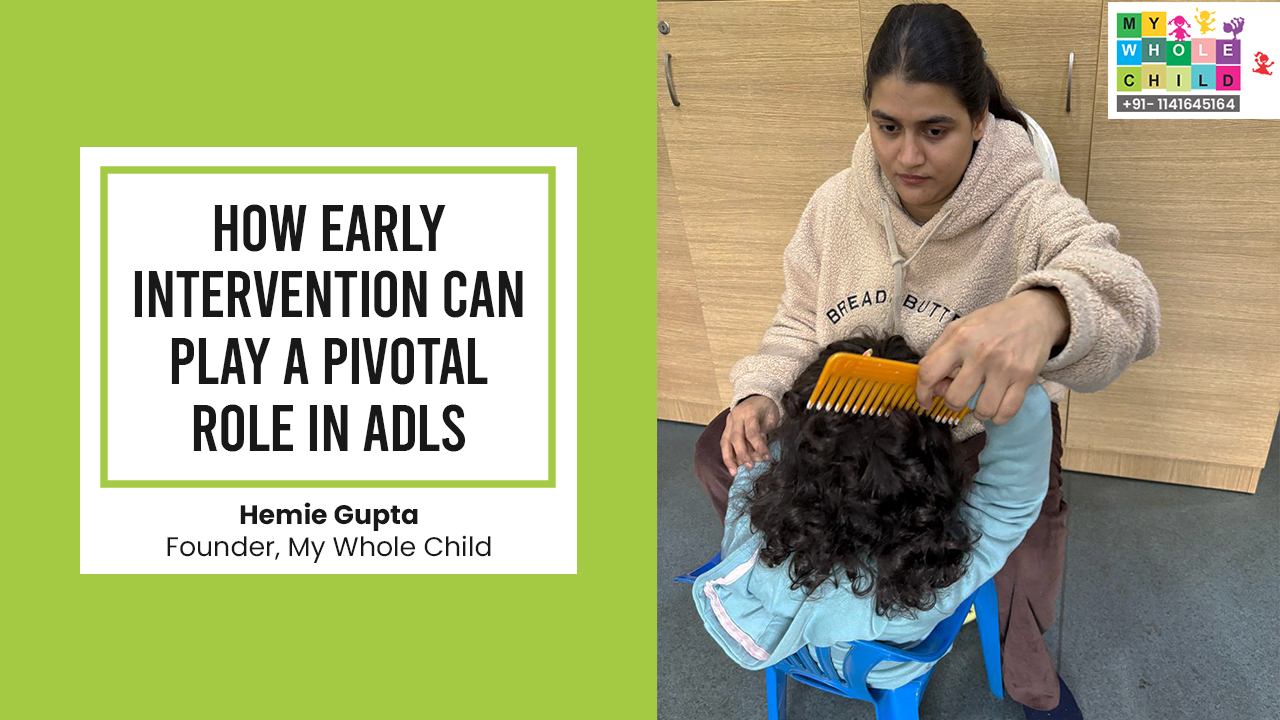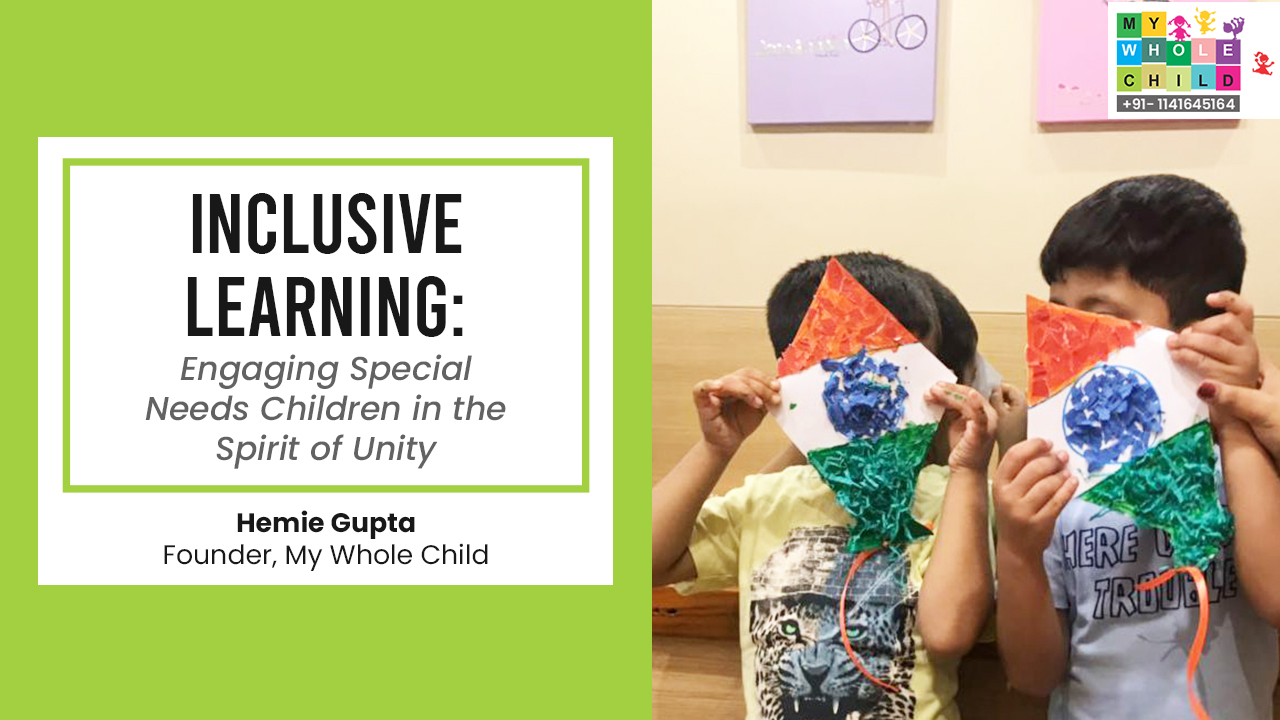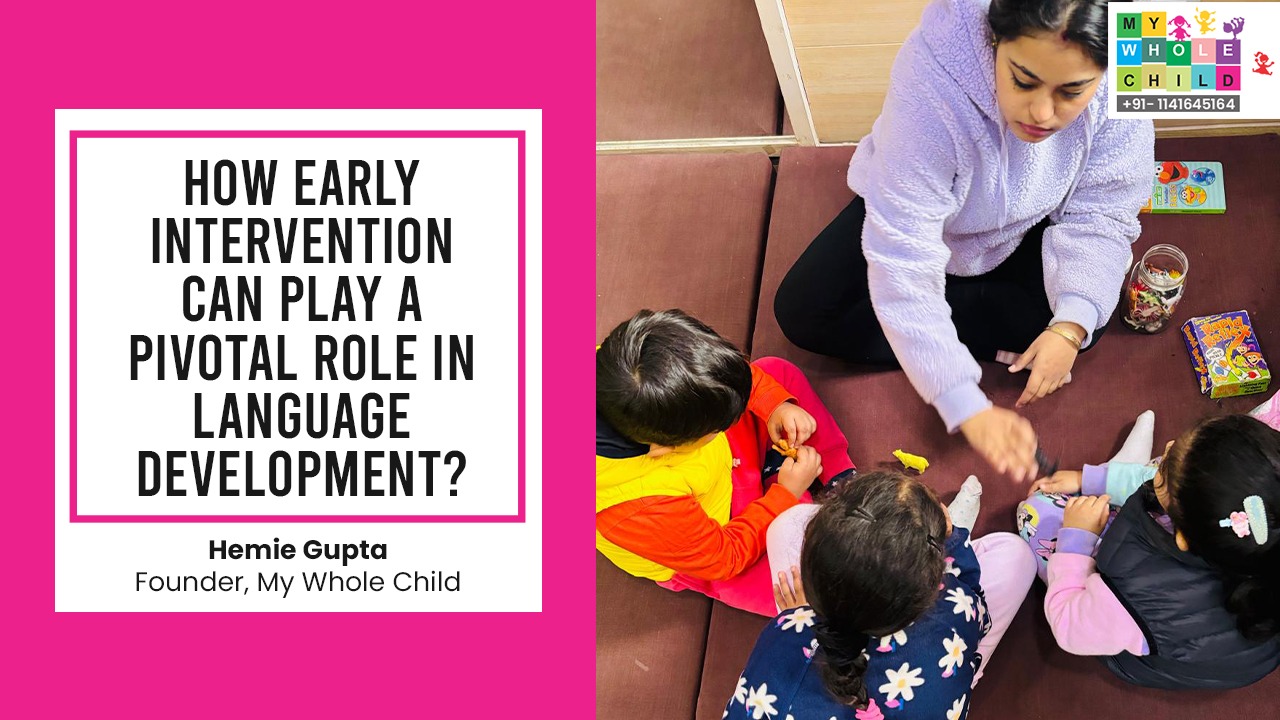mwcgk2@gmail.com S-Block, Gurudwara Nanaksar Premises, Greater Kailash-II, New Delhi-48
Group Sessions: Building Connections and Enhancing Growth
admin - July 20, 2024
As a parent, it’s natural to seek the best support and interventions for your child facing mental health concerns, such as ASD, ADHD, or other challenges. While individual counseling and therapy sessions play a vital role, it’s equally important to understand the benefits of group sessions for children. This blog explores the significance of group sessions in promoting social and emotional development, building connections, and enhancing overall growth for children and adolescents.
Social Skill Development: Group sessions provide a unique opportunity for children to develop and refine their social skills. By interacting with peers in a structured and supportive environment, children can practice and learn important skills, such as communication, sharing, turn-taking, empathy, and problem-solving. Group settings allow children to observe and model positive behaviors from their peers, fostering growth and improvement in their social interactions.
Peer Support and Understanding: Children facing similar challenges can find solace and understanding in group sessions. Being in a group with peers who share similar experiences and emotions helps children realize they are not alone. It provides a supportive community where they can express themselves without fear of judgment. Peer support creates a sense of belonging, boosts self-esteem, and encourages children to explore their feelings and thoughts in a safe space.
Learning from Shared Experiences: In group sessions, children can learn from each other’s experiences. They can witness how their peers navigate challenges and develop coping strategies. Sharing personal stories, insights, and successes allows children to gain new perspectives, broaden their understanding, and acquire valuable skills for managing their own mental health concerns.
Building Empathy and Compassion: Group sessions cultivate empathy and compassion in children. Through active listening, sharing, and providing support to their peers, children learn to appreciate others’ perspectives and develop a sense of empathy. This increased understanding and compassion can positively impact their relationships with peers and enhance their overall emotional intelligence.
Normalizing Experiences and Reducing Stigma: Group sessions provide a platform where children can openly discuss their challenges, concerns, and emotions. By sharing their experiences, children realize that their struggles are not uncommon and that others face similar difficulties. This normalization reduces feelings of isolation and helps combat the stigma associated with mental health concerns, promoting acceptance and understanding among participants.
Opportunities for Collaboration and Teamwork: Group sessions often include collaborative activities that foster teamwork and cooperation. Children learn to work together, share responsibilities, and achieve common goals. These experiences teach important life skills that can be applied outside the group setting, such as in school projects, extracurricular activities, and future employment.
Group sessions offer a wealth of benefits for children facing mental health concerns. By participating in these sessions, children can develop social skills, find support from peers, gain new insights, build empathy, and reduce feelings of isolation. As a parent, considering group sessions as part of your child’s intervention can enhance their overall growth, promote positive connections, and provide a sense of community. Embracing the power of group sessions can truly make a difference in your child’s journey towards improved mental health and well-being.
Latest Posts

The Power of Kindness on Valentine’s Day: Small Acts, Big Impact
February 13, 2025
How early intervention can play a pivotal role in ADLs
January 8, 2025


